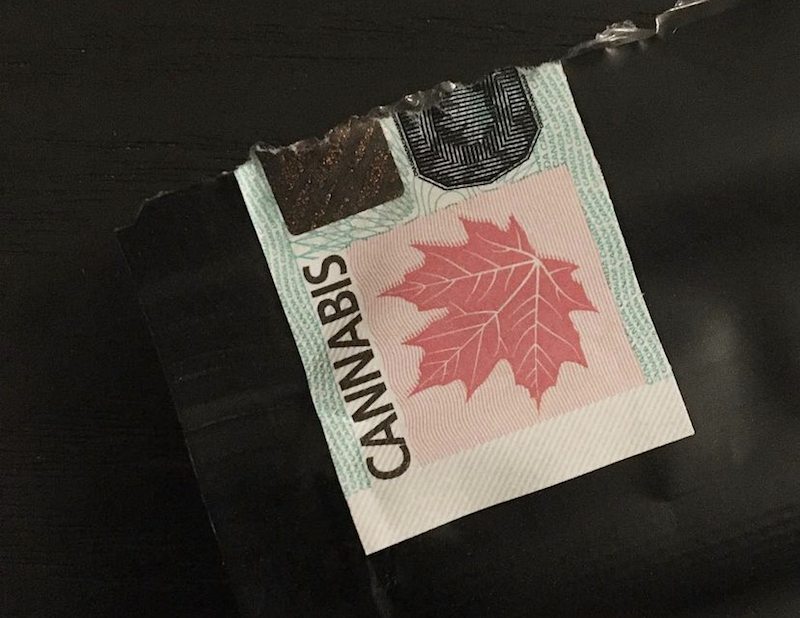Features
How much money does BC get from the cannabis excise tax?
Published on June 10, 2022 by John McDonald
 Photo: David Wylie/the oz.
Photo: David Wylie/the oz. The BC government has raked in over $100 million in excise tax since legalization
Excise taxes collected from the sale of cannabis in British Columbia declined sharply in January 2022 from the holiday month of December 2021—down from $6.2 million to under $4 million.
The latest numbers were made public this week by the BC Ministry of Finance, as the government collects January’s tax money in June.
Provincial coffers have benefitted recently from strong cannabis sales, with BC’s cut of the tax hovering around $6 million for each of the last six months in 2021—first climbing over the $6-million mark in July of 2021. Its share from September 2021 was a record-setting $6.5 million from the sale of cannabis and its byproducts.
Since legalization in October 2018, the government has collected about $116 million.
Cannabis excise tax revenue has climbed over the years
In the first few months after legal sales began, B.C. received as its share over $1 million a month before dropping off for most of 2019, going as low as $278,000 for April of that year.
About when the pandemic hit in 2020, the remittance to the province from the federal government began to grow steadily as cannabis consumption increased amid a locked down population.
This latest drop in revenue could coincide with the surge last December of the Omicron variant and the brief reintroduction of lockdowns and social bubbles in January.
• RELATED: Bungling bud in BC
Ministry of Finance communications manager Roxanne Kropp said in an email statement the province’s share of the cannabis excise tax is derived from the sale of cannabis from producers to retailers.
“The combined rate of all federal, provincial, and territorial cannabis-specific duties and taxes will not exceed the higher of $1 per gram, or 10% of a producer’s selling price,” the statement reads.
That rate was set under the 2017 Coordinated Cannabis Taxation Agreement with the federal government where the province receives 75 per cent of revenue from the tax.
Where does the money from cannabis excise tax go?
The money goes into the province’s general revenue, although the ministry says it is offset by the costs of running the cannabis monitoring system plus the need to continue pressuring black market operators.
“Associated costs to the province from legalization remain, including costs related to licensing, legal services and litigation, enforcement and regulation,” the statement reads.
“Competitive pricing remains critical for the BC Liquor Distribution Branch as it continues to work towards eliminating the illicit cannabis market and developing a broad assortment of products, which helps keep cannabis out of the hands of youth and maintain health and safety standards,” the statement continues.
Kropp said the finance ministry is unaware of any current plans to change the excise tax at the federal level, something cannabis producers have pushed for in recent months in the face of mounting costs.
Leave a comment on our Facebook page.
© Copyright 2022 Okanagan Z. | About the oz.
Report a Typo or Inaccuracy
We strive to avoid typos and inaccuracies. However, on occasion we make mistakes. We value your contributions and help in correcting them.